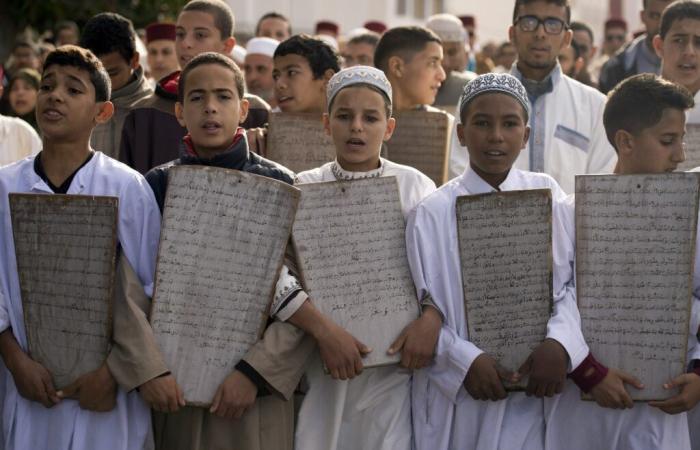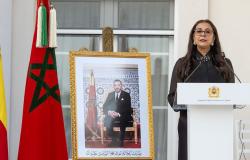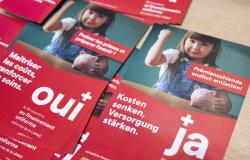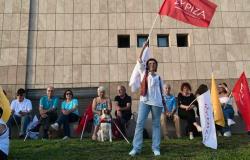In two decades, the budget devoted to traditional education in Morocco has seen a remarkable increase, going from 3 million dirhams in 2004 to 323 million dirhams in 2024. An increase by more than 107.
Under the aegis of Law 13.01, traditional education is now part of a reform dynamic aimed at modernizing its infrastructure, methods and supervision. This strategy includes the creation of 25 model establishments, for a total investment of 577 million dirhams, as well as the renovation and equipment of several institutions for an additional amount of 46 million dirhams.
The Minister of Habbous and Islamic Affairs, Ahmed Toufiq, underlined the importance of providing these institutions with modern equipment, while strengthening boarding schools with an investment of 95 million dirhams, in order to guarantee an environment conducive to learning. and the transmission of knowledge.
The rise of traditional education is accompanied by ambitious social policies. Scholarships and bonuses allocated to students and educational staff jumped from 16.9 million dirhams in 2004 to 250 million in 2024. This effort aims to encourage schooling, particularly in rural areas, and to alleviate social disparities, by making this education accessible to a greater number of children.
Perspectives pour 2025 : consolidation et innovation
The draft Finance Law 2025 announces a 9.08% increase in the ministry’s allocations, bringing them to 6.68 billion dirhams. A significant part of this envelope is intended to strengthen the training program for imams, with an allocation of 109.5 million dirhams to train the 48,000 Moroccan imams.
This program includes training in religious, legal and social skills, provided by 1,447 scholars, with the aim of consolidating their role in the transmission of spiritual and societal values.
The ongoing reform is not limited to infrastructure and social policies. It also integrates the modernization of administrative practices, the training of executives and the standardization of management methods. The Mohammed VI Institute for the Training of Imams, a key player in this transformation, trains 150 imams and 100 morchidates each year, promoting an inclusive and sustainable approach.






